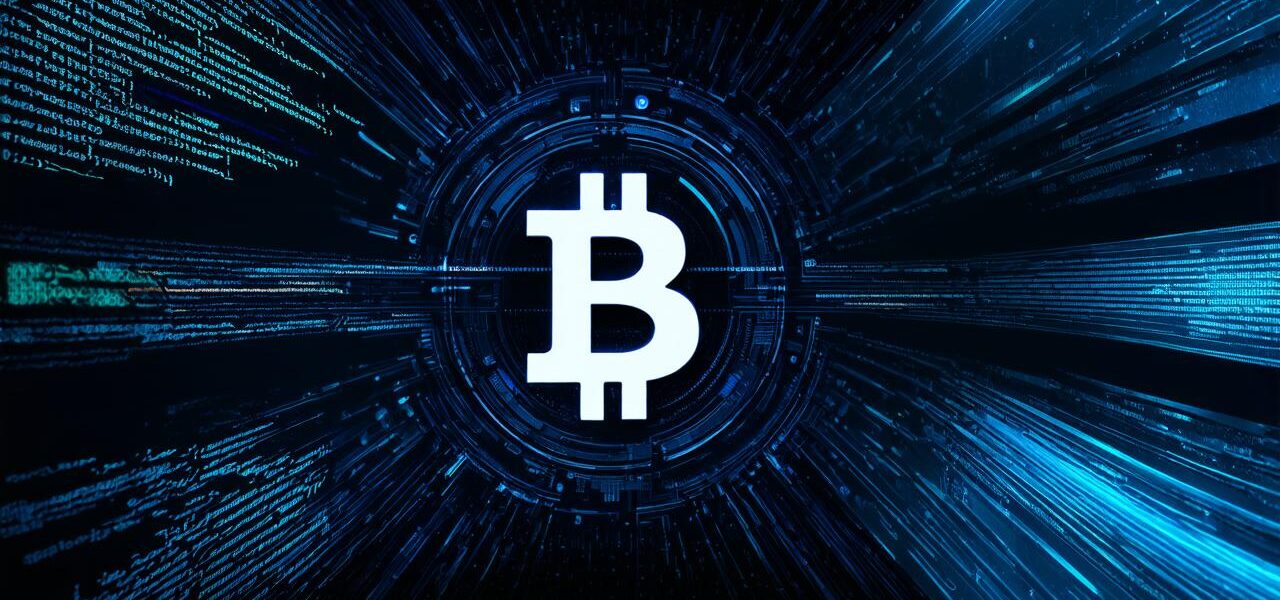
Distinguishing Roles: Blockchain Developer versus Blockchain Engineer
Here’s the corrected HTML code for the article:
Blockchain technology is becoming increasingly popular in various industries such as finance, healthcare, and supply chain management. As the demand for blockchain-based solutions grows, so does the need for professionals with expertise in developing and maintaining these systems. In this article, we will explore the roles of blockchain developers and blockchain engineers and differentiate them based on their responsibilities, skills, and qualifications.
Blockchain Developer vs Blockchain Engineer: A Brief Overview
At a high level, both blockchain developers and blockchain engineers are responsible for designing, building, and maintaining blockchain-based systems. However, their roles and responsibilities differ significantly.
Blockchain Developers
Blockchain developers are responsible for the design and development of blockchain-based applications. They write code to create smart contracts, decentralized applications (dApps), and other blockchain-based solutions. Their work typically involves the following tasks:
- Designing and implementing smart contracts using Solidity or other programming languages
- Building dApps using Ethereum or other blockchain platforms
- Integrating blockchain technologies with existing systems and applications
- Developing and maintaining user interfaces for blockchain-based solutions
- Testing and debugging blockchain code and applications
- Collaborating with cross-functional teams, including project managers, designers, and QA testers

Blockchain developers typically have a background in computer science or a related field and are familiar with programming languages such as Solidity, Java, Python, and JavaScript. They also have experience working with blockchain platforms such as Ethereum, Hyperledger Fabric, and Corda.
Blockchain Engineers
Blockchain engineers, on the other hand, are responsible for the design, development, and maintenance of the underlying infrastructure that powers blockchain-based systems. Their work typically involves the following tasks:
- Designing and implementing consensus algorithms, such as Proof of Work (PoW) and Proof of Stake (PoS)
- Building and maintaining blockchain nodes, including full nodes and lightweight clients
- Developing and deploying distributed ledger technology (DLT) solutions
- Designing and implementing scalability solutions for blockchain-based systems
- Testing and debugging blockchain code and infrastructure
- Collaborating with cross-functional teams, including developers, architects, and operations engineers
Blockchain engineers typically have a background in computer science or a related field and are familiar with blockchain technologies such as Bitcoin, Ethereum, and Hyperledger. They also have experience working with distributed systems and infrastructure, as well as knowledge of cloud computing and containerization technologies.
Case Studies: Blockchain Developers vs Blockchain Engineers in Action
To better understand the roles of blockchain developers and blockchain engineers, let’s look at some real-life examples of their work.
Blockchain Developer Example
In 2018, a blockchain developer named Michael was tasked with building a dApp for a financial services company. The dApp was designed to facilitate peer-to-peer lending transactions on the Ethereum blockchain. Michael’s work involved designing and implementing smart contracts using Solidity, building the user interface for the dApp, and integrating it with existing systems.
Michael’s role as a blockchain developer required him to have strong programming skills in Solidity and JavaScript, as well as experience working with Ethereum and other blockchain platforms. He also had to collaborate closely with cross-functional teams, including project managers, designers, and QA testers, to ensure that the dApp met the company’s requirements.
Blockchain Engineer Example
In 2019, a blockchain engineer named Sarah was tasked with building and maintaining the infrastructure for a supply chain management system. The system was designed to use the Hyperledger Fabric blockchain platform to facilitate secure and transparent transactions between suppliers, distributors, and retailers. Sarah’s work involved designing and implementing consensus algorithms, building blockchain nodes, and deploying DLT solutions.
Sarah’s role as a blockchain engineer required her to have strong knowledge of distributed systems and infrastructure, as well as experience working with cloud computing and containerization technologies. She also had to collaborate closely with cross-functional teams, including developers, architects, and operations engineers, to ensure that the supply chain management system was scalable and efficient.
Skills and Qualifications: What Blockchain Developers and Engineers Need to Know
Both blockchain developers and blockchain engineers need to have a strong foundation in computer science and blockchain technologies. However, their specific skills and qualifications differ based on their roles.
Blockchain Developers
Blockchain developers need to have the following skills and qualifications:
- Strong programming skills in Solidity or other programming languages used for blockchain development
- Familiarity with blockchain platforms such as Ethereum, Hyperledger Fabric, and Corda
- Experience working with smart contracts and decentralized applications (dApps)
- Knowledge of cryptography and security best practices for blockchain-based systems
- Ability to work collaboratively with cross-functional teams, including project managers, designers, and QA testers
Blockchain Engineers
Blockchain engineers need to have the following skills and qualifications:
- Strong knowledge of distributed systems and infrastructure
- Experience working with consensus algorithms such as Proof of Work (PoW) and Proof of Stake (PoS)
- Familiarity with blockchain technologies such as Bitcoin, Ethereum, and Hyperledger
- Experience building and maintaining blockchain nodes and lightweight clients
- Knowledge of cloud computing and containerization technologies
- Ability to work collaboratively with cross-functional teams, including developers, architects, and operations engineers
Comparing and Contrasting: What Makes Blockchain Developers and Engineers Different
While both blockchain developers and blockchain engineers are responsible for designing, building, and maintaining blockchain-based systems, their roles and responsibilities differ significantly. Here are some key differences between the two:
- Responsibilities: Blockchain developers are primarily responsible for designing and developing blockchain-based applications, while blockchain engineers are responsible for designing, building, and maintaining the underlying infrastructure that powers these applications.
- Skills and Qualifications: Blockchain developers need strong programming skills in Solidity or other programming languages used for blockchain development, as well as experience working with smart contracts and dApps. On the other hand, blockchain engineers need strong knowledge of distributed systems and infrastructure, as well as experience working with consensus algorithms and cloud computing technologies.
- Scope of Work: Blockchain developers typically work on specific applications or projects, while blockchain engineers are responsible for maintaining and scaling the entire blockchain infrastructure.
FAQs: Answering Common Questions About Blockchain Developers and Engineers
Here are some commonly asked questions about blockchain developers and blockchain engineers:
Q: What is the difference between a blockchain developer and a blockchain engineer?
A blockchain developer is responsible for designing and developing blockchain-based applications, while a blockchain engineer is responsible for designing, building, and maintaining the underlying infrastructure that powers these applications.
Q: Do I need to be a programmer to become a blockchain developer or engineer?
Yes, both blockchain developers and engineers require strong programming skills. Blockchain developers typically have experience with Solidity, JavaScript, Python, or other programming languages used for blockchain development. Blockchain engineers often have experience with distributed systems, consensus algorithms, and cloud computing technologies.
Q: What are the most in-demand blockchain developer skills?
The most in-demand blockchain developer skills include proficiency in Solidity, Ethereum, Hyperledger Fabric, and other blockchain platforms. Additionally, knowledge of smart contracts, cryptography, and decentralized applications (dApps) are highly valued.
Q: What are the most in-demand blockchain engineer skills?
The most in-demand blockchain engineer skills include experience with distributed systems, consensus algorithms such as Proof of Work (PoW) and Proof of Stake (PoS), cloud computing technologies like AWS or Azure, and containerization tools like Docker.



